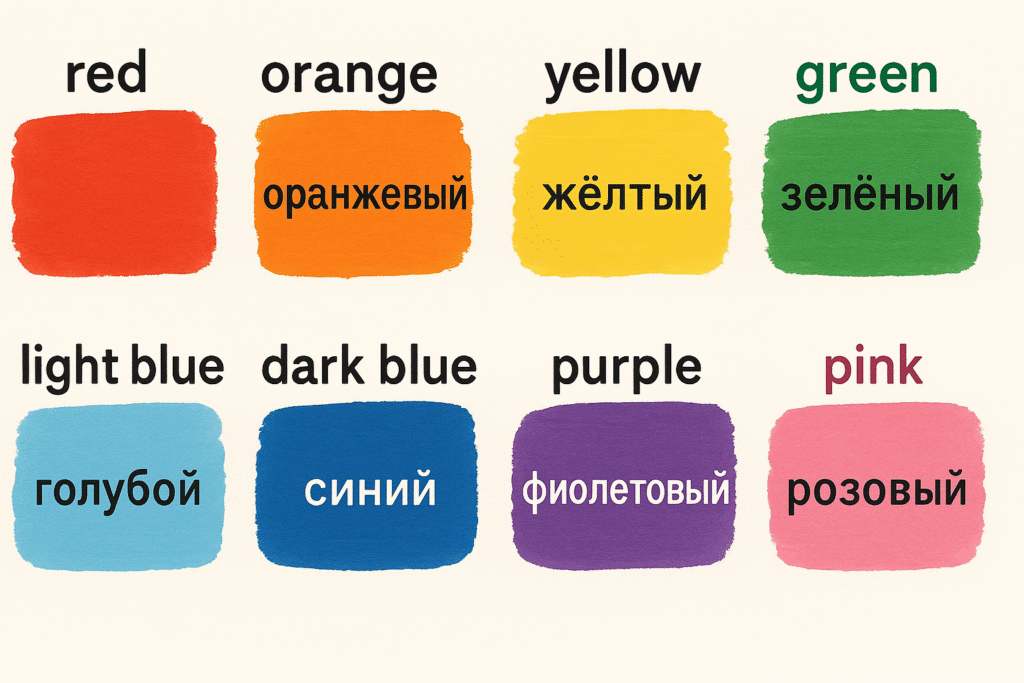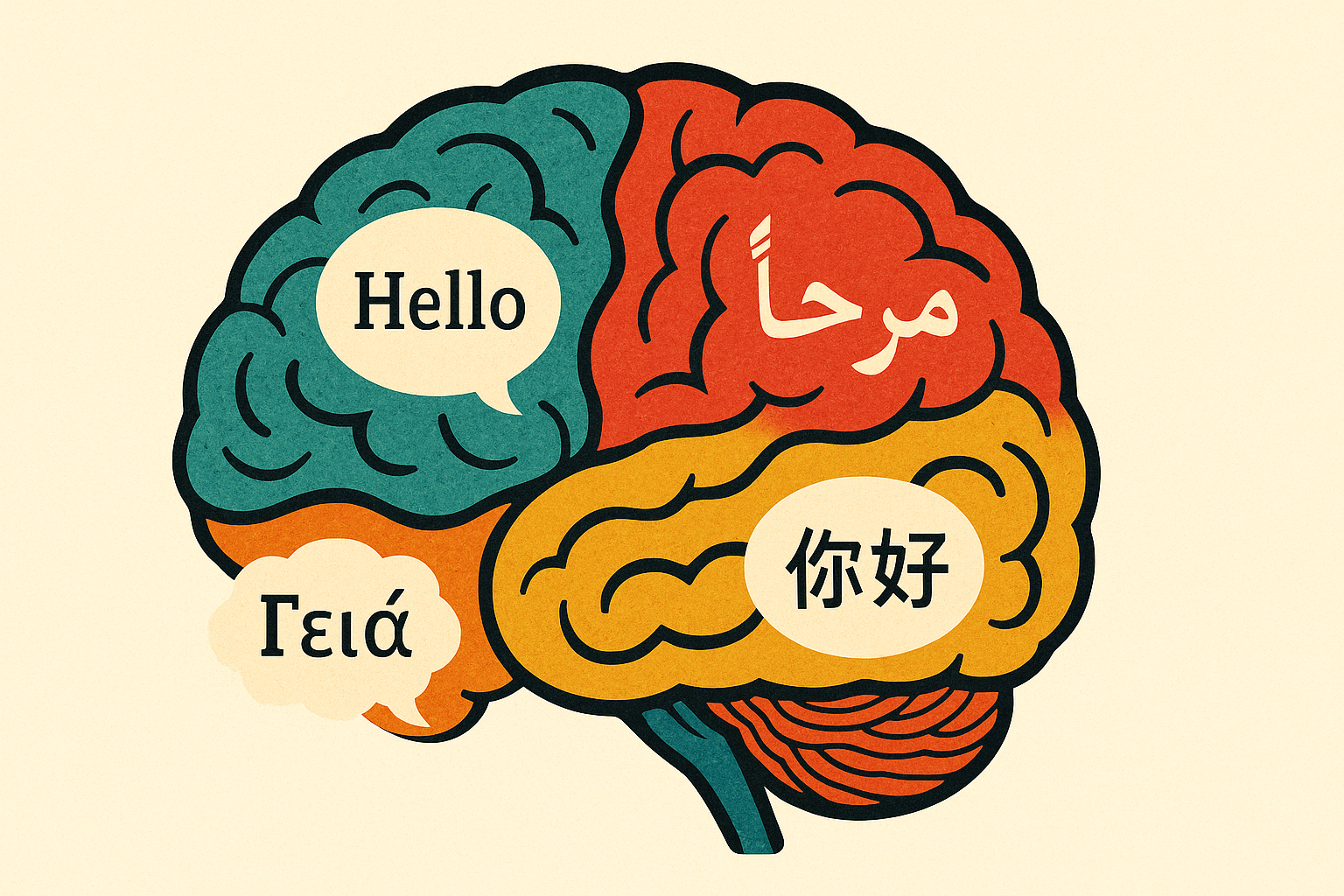Fun Fact: The Guugu Yimithirr language of Australia has no words for left and right—they use cardinal directions (north, south, east, west) for everything, even to describe where their shoes are!
Think language is just a tool for communication? Think again. It turns out that the language you speak may quietly, profoundly influence how you think—from how you understand time and space, to how you feel emotions, make decisions, and even assign blame.
In a world with over 7,000 spoken languages, each with its quirks and rules, the question becomes more than linguistic. It becomes philosophical. Does language merely express thought—or does it shape it?
Let’s explore how your mother tongue might be moulding your mind in ways you never noticed.
The Sapir-Whorf Hypothesis: Language Shapes Reality?
This idea isn’t new. It’s been debated for over a century.
The Sapir-Whorf Hypothesis—named after linguists Edward Sapir and Benjamin Lee Whorf—suggests that the structure of a language influences its speakers’ worldview and cognition.
There are two versions of this hypothesis:
Strong version (linguistic determinism): Language limits thought. If you don’t have the words, you can’t think the concept.
Weak version (linguistic relativity): Language influences thought, nudging your perceptions in certain directions.
Modern science mostly supports the weaker version—but the implications are still profound.
Example 1: Direction and Orientation
Let’s revisit those Australian Aboriginal communities like the Guugu Yimithirr. Speakers of this language don’t say “left” or “right.” They say, “a little southwest of your foot” or “north of the tree.”
They’re not guessing either—they have extreme spatial awareness. Even indoors or blindfolded, they can point north.
Why? Because their language requires it.
In contrast, most of us use egocentric directions—left, right, behind—which are vague and change depending on your position. The result? We literally don’t develop the same sense of space.
Example 2: Time—Do You See It Left to Right?
English speakers typically see time flowing from left to right. But Hebrew speakers (who read right to left) often imagine time flowing in the opposite direction.
In an experiment by cognitive scientist Lera Boroditsky, participants were asked to arrange pictures showing time progression (like a banana being eaten). English speakers lined them up left to right. Hebrew speakers? Right to left.
So if you see your future “ahead” of you or “to your right,” that’s not just instinct. That’s grammar.
Example 3: Colour Perception
Ever wonder if everyone sees the same colours?
Turns out, colour perception is partly linguistic.
Languages divide up the colour spectrum differently. Russian, for example, has two distinct words for light blue and dark blue—goluboy and siniy. In experiments, Russian speakers could distinguish between shades of blue more quickly than English speakers. Their brains were more finely tuned to that colour difference because their language made them see it.
It’s a case of language training the brain.

Example 4: Gender and Objects
In Spanish, the word for “bridge” (puente) is masculine. In German, it’s feminine (die Brücke). When asked to describe a bridge, Spanish speakers used words like “strong,” “sturdy,” and “long.” German speakers chose “beautiful,” “elegant,” and “graceful.”
Same bridge. Different adjectives. All because of the noun’s gender.
This isn’t just poetic—it’s cognitive. The grammar of your language can subtly bias your perception of the world’s qualities.
Example 5: Blame and Responsibility
Here’s where it gets really provocative.
English is a very agentive language: “She broke the vase.”
But in Japanese or Spanish, the same event might be described passively: “The vase broke itself.”
This tiny grammatical difference affects how we assign blame. In one study, English speakers were more likely to remember who caused an accident. Spanish speakers focused more on what happened.
This has legal consequences—especially in eyewitness testimony and accident reports. Your language may shape not just your thoughts—but your judgment.
What About Multilinguals?
People who speak multiple languages often report “thinking differently” depending on which language they’re using.
In one study, bilingual Korean-English speakers were asked to resolve moral dilemmas in both languages. Their decisions changed. In Korean, they leaned toward collectivist solutions. In English, they favoured individual rights.
So your ethics, your instincts, your emotional reactions—can shift with your language.
And yes, that means your identity might shift too.
Can You Think Thoughts Without Words?
This is where things get murky.
Children, animals, and even people with limited language capacity still manage to think, feel, and act. Visual artists and athletes often rely on non-verbal cognition. So clearly, not all thought requires language.
But complex abstraction? Causal reasoning? Self-reflection?
Language doesn’t just express these things—it scaffolds them.

Language and Mental Health: More Than Semantics
Let’s take this closer to home. Language affects:
Emotional expression: Some cultures have dozens of words for emotions (like Japanese amae, the desire to be nurtured), while others don’t name them at all.
Memory: We remember differently based on how we describe an event.
Trauma processing: Talking about pain in one language might feel harder—or easier—than in another.
That’s why therapy, journaling, and even talking to yourself are so powerful. You’re not just expressing emotion. You’re shaping it in real time.
The Digital Age: Emojis, Memes, and New Grammar
Today, language is evolving faster than ever. Memes have their own grammar. Emojis are forming a quasi-universal visual dialect. Voice notes, GIFs, abbreviations—each reshape how we communicate, and in turn, how we think.
A “😂” or a “🤡” can say what entire paragraphs can’t. And whether we admit it or not, they’re shaping our mental landscapes.
Conclusion: The Language You Speak Is the World You Live In
Language isn’t just a mirror of reality—it’s a lens that bends it.
From the way you see time, colour, or blame, to how you feel grief or joy, your native tongue is constantly shaping your experience of life—quietly, invisibly, powerfully.
So, the next time someone says, “It’s just words,” remember: it never is.
Author’s Note
This blog is a tribute to the quiet power of language. In a globalizing world, the more languages we hear, the more minds we begin to understand—not just by translation, but by transformation.
G.C., Ecosociosphere contributor.
References and Further Reading
- https://www.apa.org/monitor/2012/02/language
- https://www.edge.org/conversation/lera_boroditsky-how-does-our-language-shape-the-way-we-think
- Raccoonsthaus Essays | Deep Thoughts on Society & Culture. https://www.raccoonsthaus.ch/




